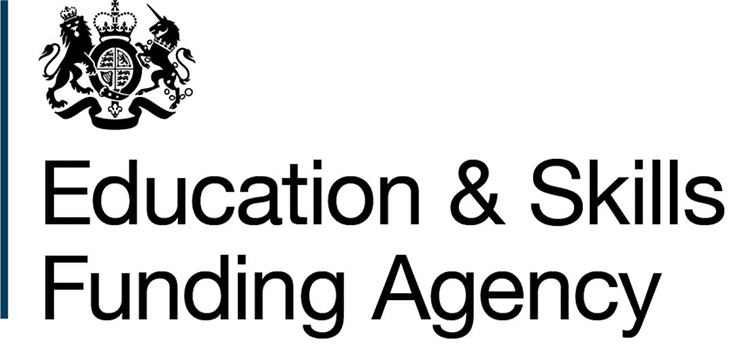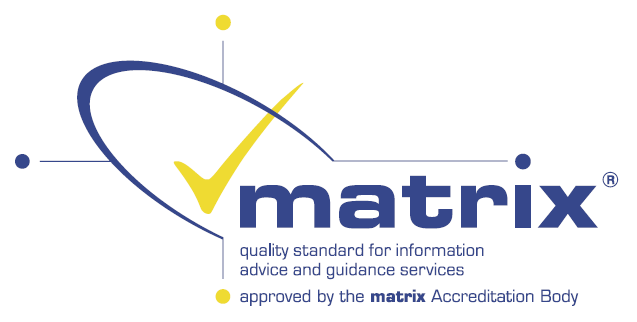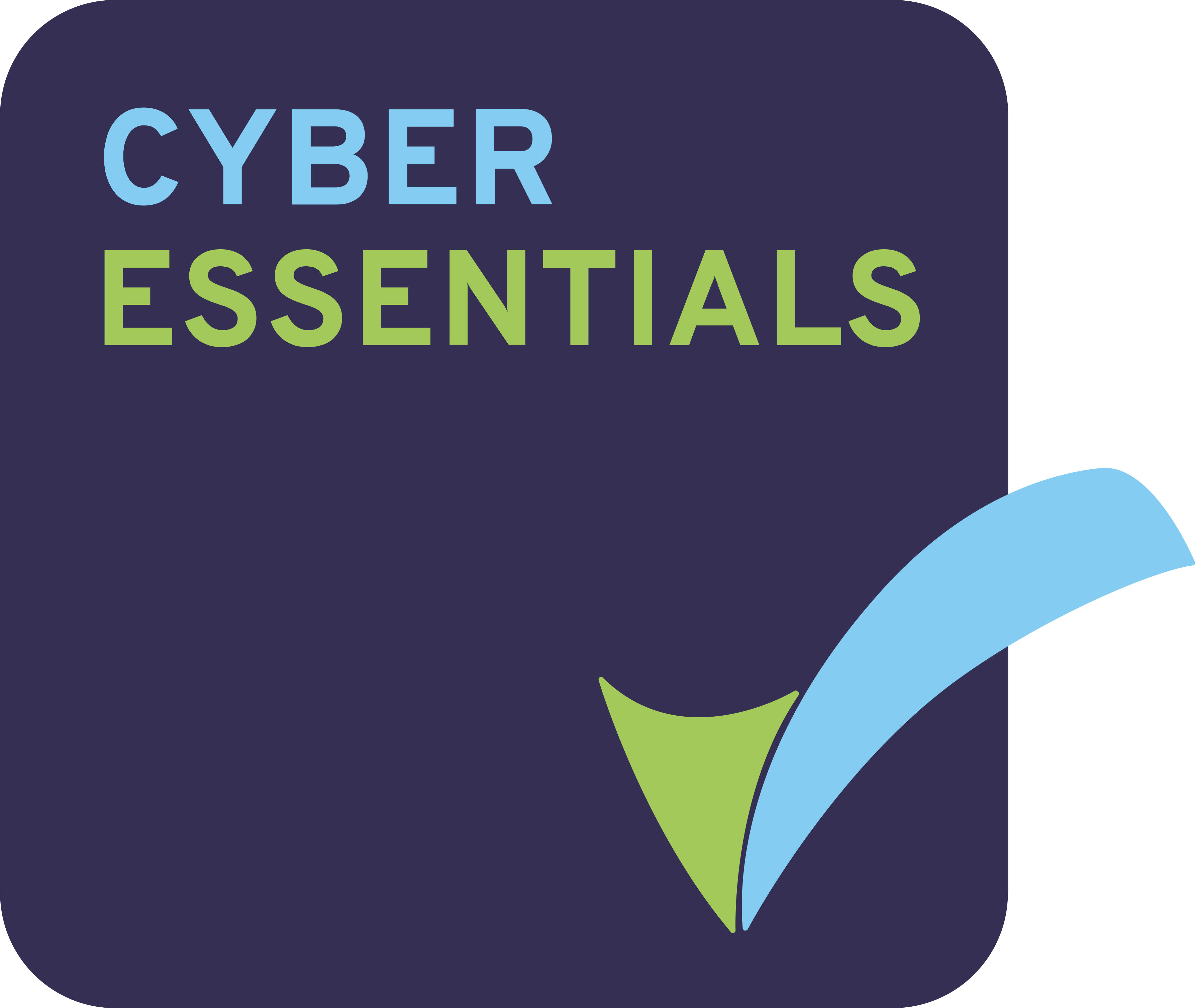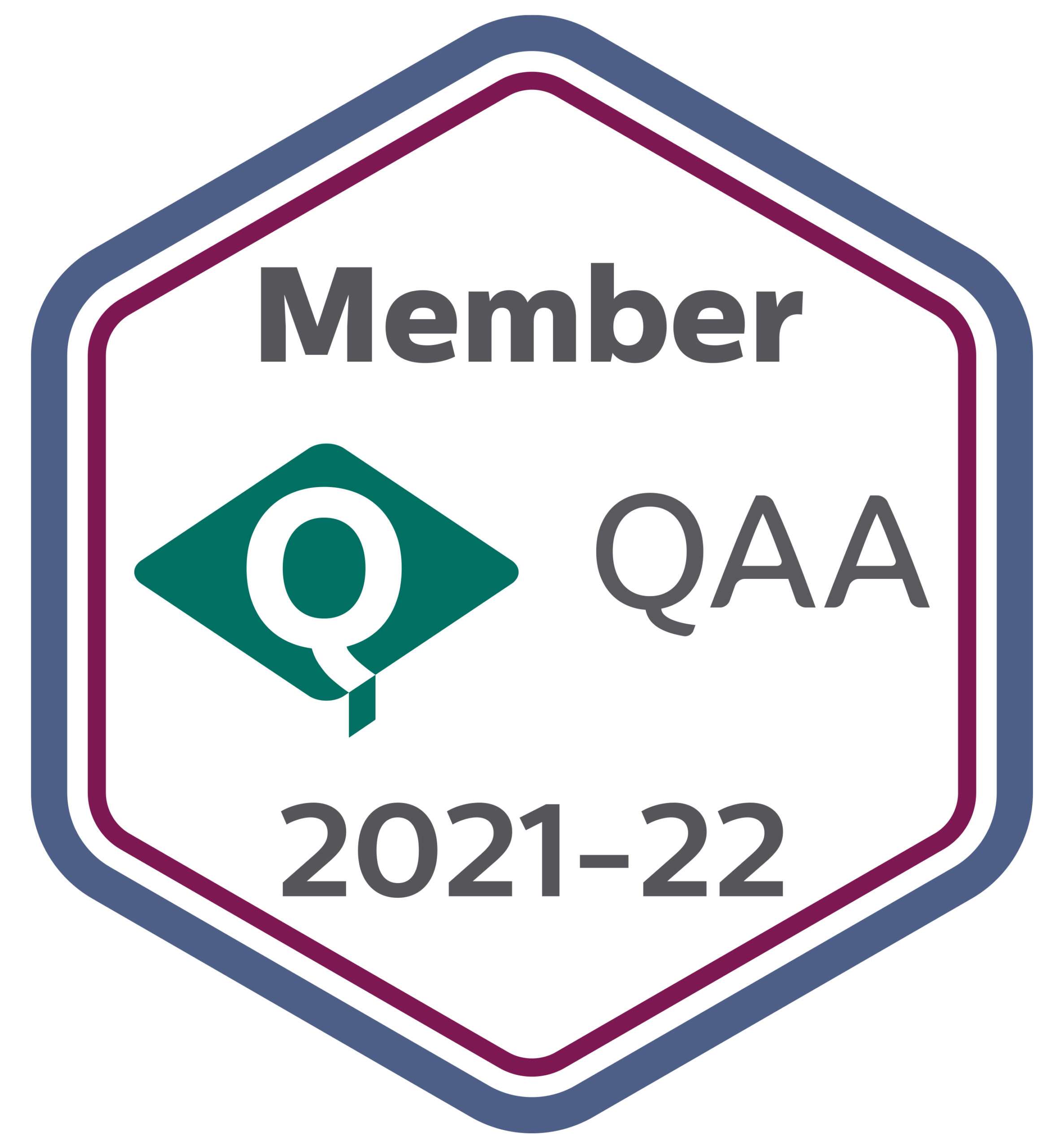T-levels have been designed with leading businesses to give you the knowledge and skills you need to succeed, whether that’s in skilled employment or in higher education. By studying T-levels, you’ll have the chance to learn what a real career is like whilst continuing your studies.
When you complete your course, you’ll have a nationally-recognised certificate showing the grade you achieved and what you learned on the course, both in the classroom and on your placement. As well as this, you’ll have industry connections and contacts, and a reference for your CV! If you want to progress into higher education, you’ll also earn UCAS points through your T-level qualification.










